Zhifang Zhan
Fast Multi-class Dictionaries Learning with Geometrical Directions in MRI Reconstruction
Nov 20, 2015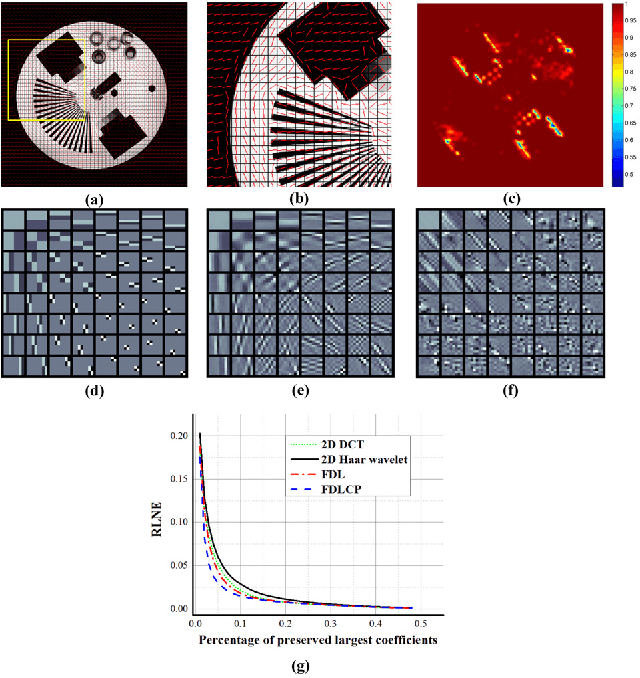
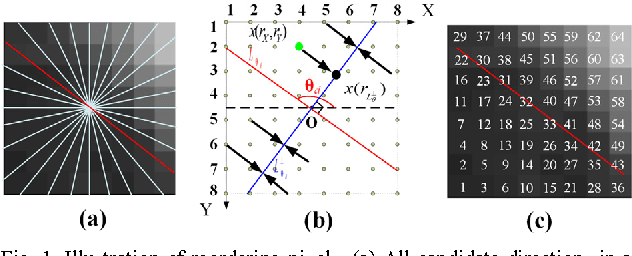
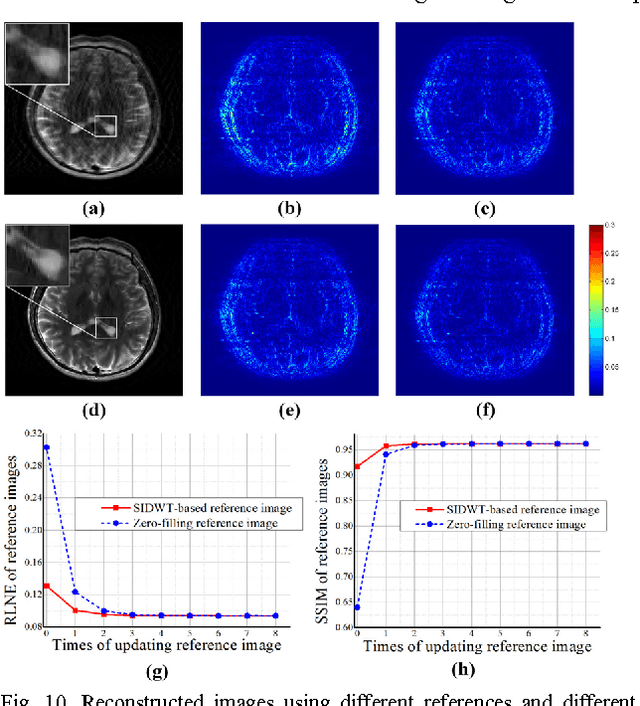
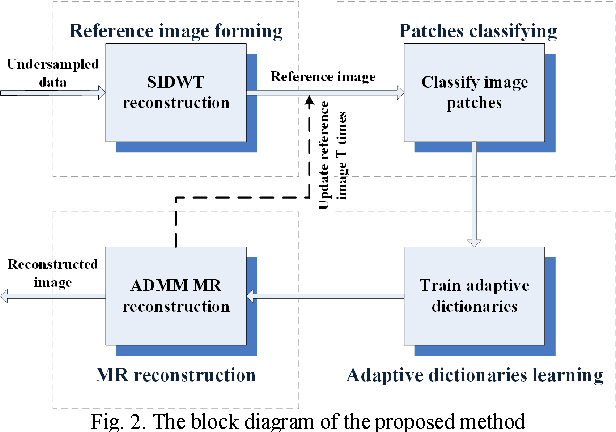
Abstract:Objective: Improve the reconstructed image with fast and multi-class dictionaries learning when magnetic resonance imaging is accelerated by undersampling the k-space data. Methods: A fast orthogonal dictionary learning method is introduced into magnetic resonance image reconstruction to providing adaptive sparse representation of images. To enhance the sparsity, image is divided into classified patches according to the same geometrical direction and dictionary is trained within each class. A new sparse reconstruction model with the multi-class dictionaries is proposed and solved using a fast alternating direction method of multipliers. Results: Experiments on phantom and brain imaging data with acceleration factor up to 10 and various undersampling patterns are conducted. The proposed method is compared with state-of-the-art magnetic resonance image reconstruction methods. Conclusion: Artifacts are better suppressed and image edges are better preserved than the compared methods. Besides, the computation of the proposed approach is much faster than the typical K-SVD dictionary learning method in magnetic resonance image reconstruction. Significance: The proposed method can be exploited in undersapmled magnetic resonance imaging to reduce data acquisition time and reconstruct images with better image quality.
Projected Iterative Soft-thresholding Algorithm for Tight Frames in Compressed Sensing Magnetic Resonance Imaging
Oct 03, 2015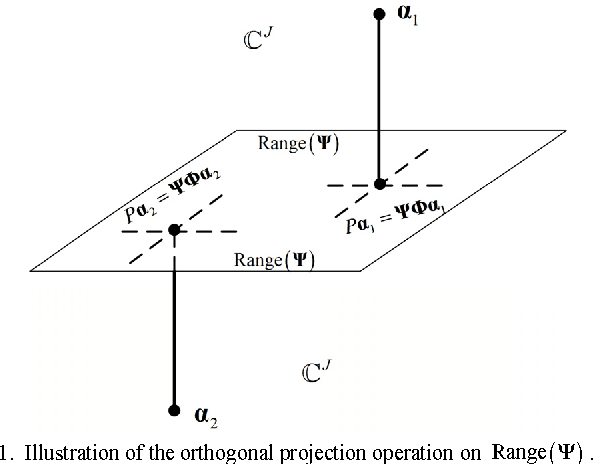
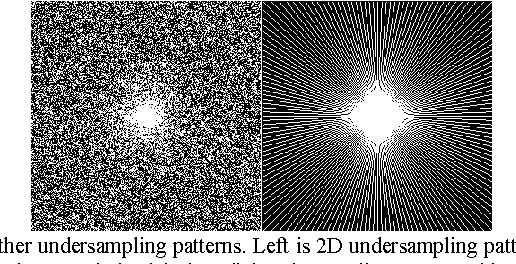
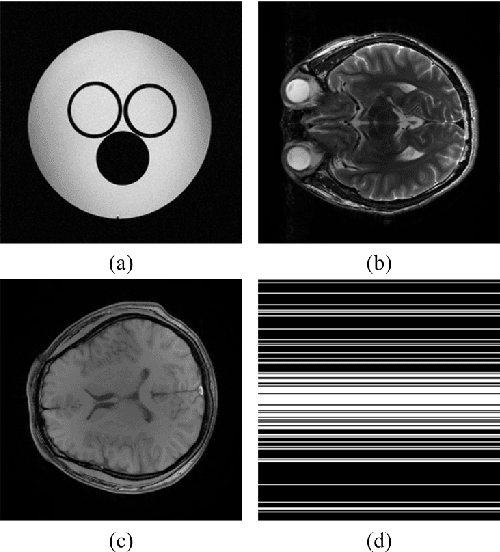
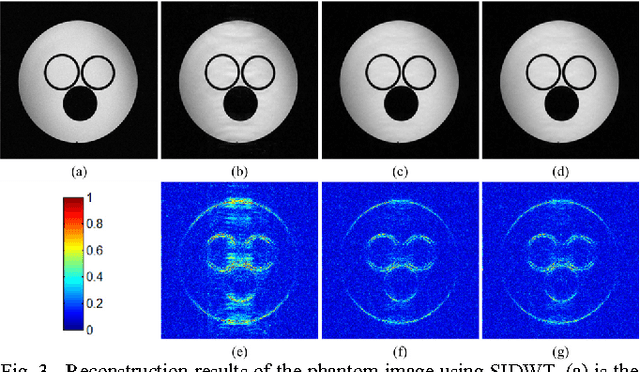
Abstract:Compressed sensing has shown great potentials in accelerating magnetic resonance imaging. Fast image reconstruction and high image quality are two main issues faced by this new technology. It has been shown that, redundant image representations, e.g. tight frames, can significantly improve the image quality. But how to efficiently solve the reconstruction problem with these redundant representation systems is still challenging. This paper attempts to address the problem of applying iterative soft-thresholding algorithm (ISTA) to tight frames based magnetic resonance image reconstruction. By introducing the canonical dual frame to construct the orthogonal projection operator on the range of the analysis sparsity operator, we propose a projected iterative soft-thresholding algorithm (pISTA) and further accelerate it by incorporating the strategy proposed by Beck and Teboulle in 2009. We theoretically prove that pISTA converges to the minimum of a function with a balanced tight frame sparsity. Experimental results demonstrate that the proposed algorithm achieves better reconstruction than the widely used synthesis sparse model and the accelerated pISTA converges faster or comparable to the state-of-art smoothing FISTA. One major advantage of pISTA is that only one extra parameter, the step size, is introduced and the numerical solution is stable to it in terms of image reconstruction errors, thus allowing easily setting in many fast magnetic resonance imaging applications.
 Add to Chrome
Add to Chrome Add to Firefox
Add to Firefox Add to Edge
Add to Edge